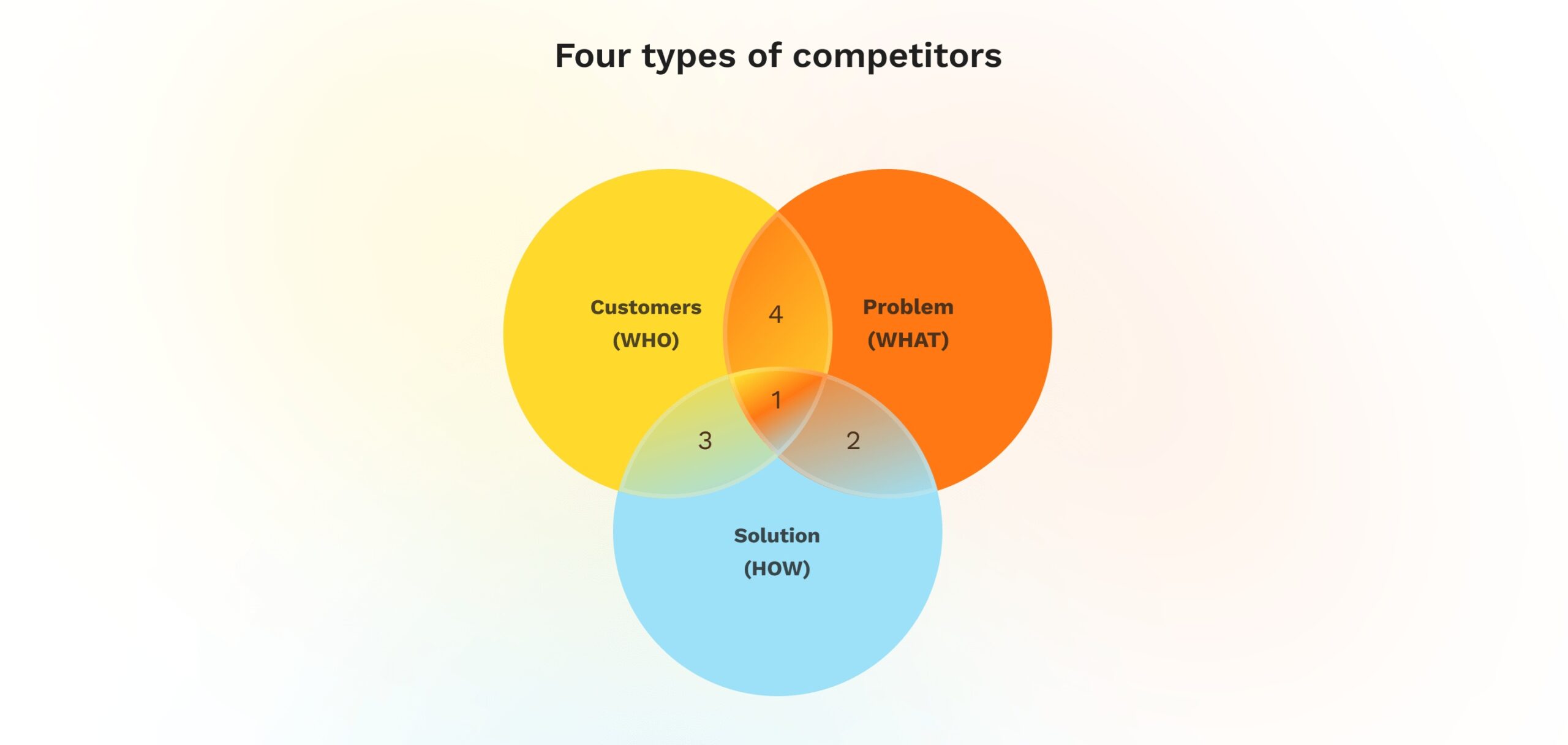Introduction
Competitor analysis in Mumbai involves leveraging data to understand the market landscape, identify gaps, and launch niche products that cater to specific customer needs. The markets of Mumbai are characterised by fierce competition and unless business professionals equip themselves with the skills for combating competition, businesses cannot sustain. Many organisations encourage their business strategists to acquire business analysis skills for contesting competition by sponsoring them for a professional Business Analysis Course that enlightens them on the intricacies of surviving in competitive markets.
Competitor Analysis in Mumbai: Launch Niche Products
The following sections describe some elements of conducting competitor analysis and using data to launch niche products effectively:
- Identify Competitors: Utilise market research tools, industry reports, and online databases to identify competitors operating in the Mumbai market. This includes both direct competitors offering similar products or services and indirect competitors targeting overlapping customer segments.
- Gather Data: Collect data on competitors’ product offerings, pricing strategies, distribution channels, marketing efforts, and customer feedback. An inclusive BA Analyst Course will equip learners to leverage sources such as competitor websites, social media, customer reviews, and industry publications to gather relevant data points.
- SWOT Analysis: Conduct a SWOT (Strengths, Weaknesses, Opportunities, Threats) analysis for each competitor to assess their market position and competitive advantage. Identify areas where competitors are strong and areas where they may be vulnerable to disruption.
- Gap Analysis: Analyse the market landscape to identify gaps or underserved segments where there is unmet demand or limited competition. Look for opportunities to address specific customer needs or pain points that competitors are not effectively addressing.
- Customer Feedback Analysis: Analyse customer feedback and sentiment data to understand customer preferences, complaints, and unmet needs. This can be done through sentiment analysis of online reviews, social media mentions, and customer surveys to uncover insights that can inform product development. Sentiment analysis can provide valuable information about customer preferences and trends and form a core topic in any Business Analysis Course.
- Product Differentiation: Based on the gap analysis and customer feedback, develop niche products or services that differentiate from competitors and offer unique value propositions. This could involve innovation in product features, design, quality, pricing, or branding to appeal to specific customer segments.
- Pricing Strategy: Use pricing analytics to determine optimal pricing strategies for niche products in the Mumbai market. Consider factors such as perceived value, competitor pricing, and customer willingness to pay to set prices that are competitive yet profitable. Pricing strategy is a rather complex area that calls for the consideration of several parameters such as cost effectiveness, sustainability, and competitor strategies. A systematic learning by enrolling for a BA Analyst or a similar professional course is generally recommended for attaining expertise in this discipline.
- Market Testing: Before launching a niche product, conduct market testing or pilot programs to gauge customer response and validate demand. This could involve offering the product to a select group of customers, running focus groups, or conducting A/B testing to optimise product features or marketing messaging.
- Go-to-Market Strategy: Develop a comprehensive go-to-market strategy that outlines how the niche product will be launched, promoted, and distributed in the Mumbai market. The Go-to-Market strategies expounded in a standard BA Analyst Course would include selecting appropriate sales channels, marketing tactics, and partnerships to reach target customers effectively.
- Continuous Monitoring and Iteration: After launching the niche product, continuously monitor its performance and gather feedback from customers. Use data analytics to track key performance indicators (KPIs) such as sales, customer satisfaction, and market share, and iterate on the product strategy as needed to maximise success.
Summary
By leveraging data-driven competitor analysis, businesses can identify opportunities to launch niche products that resonate with customers in the Mumbai market, differentiate from competitors, and drive sustainable growth and profitability.
Business Name: ExcelR- Data Science, Data Analytics, Business Analyst Course Training Mumbai
Address: Unit no. 302, 03rd Floor, Ashok Premises, Old Nagardas Rd, Nicolas Wadi Rd, Mogra Village, Gundavali Gaothan, Andheri E, Mumbai, Maharashtra 400069, Phone: 09108238354, Email: [email protected].

